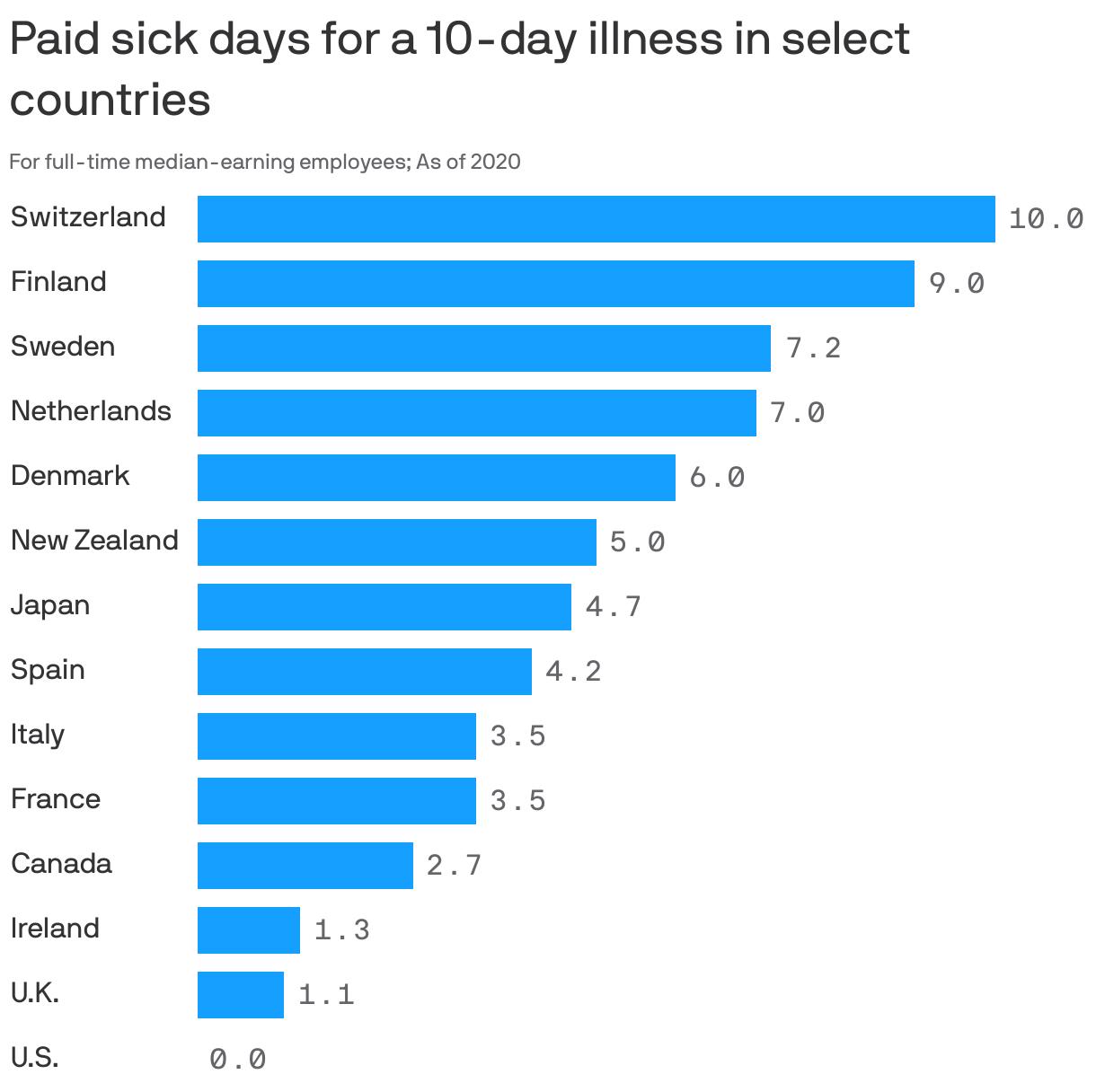The human plight of fragmented reality is the same circumstance as a severely tangled 100 foot extension cord. ”Is this really just one cord?” and “Finally, I found both ends but the cord reaches only 11 feet.” To solve fragmented reality, the entanglement must be addressed one tangle at a time and starting at the beginning of the extension cord.
In his book Mark Boyle forces himself to abandon money and industrial inventions. He was looking for the beginning of the cord – just him and Mother Nature. Mariner repeats Boyle’s description of a shift in his reality:
“. . . surprisingly, over time I found my reasons slowly change. They now have less to do with saving the world, and much more to do with savoring the world. The world needs savoring.”
An event that triggered his angst about reality today was a change in the Oxford Junior Dictionary, 2007 edition. The current publication deleted the following list of words:
Acorn, alder, ash, beech, bluebell, buttercup, catkin, conker, cowslip, cygnet, dandelion, fern, hazel, heather, heron, ivy, kingfisher, lark, mistletoe, nectar, newt, otter, pasture and willow.
In their place the dictionary added:
Attachment, block-graph, blog, broadband, bullet-point, celebrity, chatroom, committee, cut-and-paste, MP3 player and voicemail.
This action by the dictionary seemed contemporary and pragmatic but also troubled Boyle. Part of his preparation for living without the Internet was to stop googling modern dictionaries. Instead he obtained an ‘every word ever spoken’ dictionary published in 1785. He claims his understanding of words and the size of his vocabulary has improved. The speed of communication was dictating the speed of change rather than the existential experiences that normally modify reality. All the words deleted from the junior dictionary still exist and have contemporary meaning.
The ‘hurry up do it this way’ impact of machines, computers and communications is well documented. Mark Boyle’s key to successfully adjusting reality/morality is to slow down – really, really slow down; slow down more! To this purpose Boyle committed himself to writing his book longhand with a pencil. He discovered that his bad handwriting improved when he made himself write slowly – writing fast (like a computer) was the cause of his terrible handwriting. Citing mariner’s metaphor, Mark was untangling his extension cord, one tangle at a time.
Very few people have the opportunity or the motivation to live Boyle’s three-year adjustment to improve his perception of reality. There must be another way to examine and adjust one’s own reality.
Giving thought to untangling tangles, a suggestion from a psychologist’s treatise about the self [sorry but the name is long forgotten] suggested that there are four zones of emotional awareness: (1) within one and a half feet around the body is called the ‘intimate’ zone. (2) within ten feet is the ‘interactive’ zone. (3) within 30 feet is the ‘recognition’ zone and (4) beyond 30 feet to infinity is the ‘inactive’ zone. These distances aren’t for detailed mapping but suggest a change in emotional expectation. For example, three situations mariner used in the last post, McDonalds, supermarket and smartphone all occur in the interactive zone. Boyle’s three-year experiment was an attempt to reorder his intimate and interactive realities.
At the time he read the treatise, mariner would test it by seeing a co-worker or friend coming toward him. When they were beyond the recognition zone, say 40 feet, mariner would shout out a greeting by name. It was amazing how many were caught off guard and did not know how to respond until they were closer. Another test was when, in a normal conversation, he stood within the intimate zone of the person. It was obvious that the person was uncomfortable.
Society’s tangles are caused when one is expected to respond within various zones with information or actions that don’t belong in those zones. A classic example is when an individual is exposed to a situation that alters the reality of their recognition zone but should remain in their inactive zone – perhaps Donald saying the election was rigged without proving it. Being in the wrong zone disturbs the subconscious which has license to adjust reality even under false pretenses – hence the formation of a tangle.
Confusing emotional awareness for ulterior, unrecognized motives is the great sin of the Internet. The subconscious doesn’t need actual facts to adjust reality. Therefore not wearing masks in a pandemic because irrelevant information about government takeover and personalized inferences like voter fraud are combined and target the interactive mind– that is, information that belongs in one zone pops up in the wrong zone. If new information causes alarm, verify it based on the reality and morality of more intimate zones.
Repair does indeed require slowing down. Slow down to the point that the first zone, intimacy, is in order. Use the morality of the intimate zone to measure the morality of experiences in the interactive zone. Use the reality of intimacy and interactive morality to measure the value of the recognition zone. Finally use the proven morality of the first three zones to consider the importance and verity of the inactive zone. Much slower than letting Google give you the answer in one second. Being exposed to hate mail when your interactive reality says there’s no reason to hate is just one example.
There is another expression that fits this process: Lead with your heart.
Ancient Mariner

